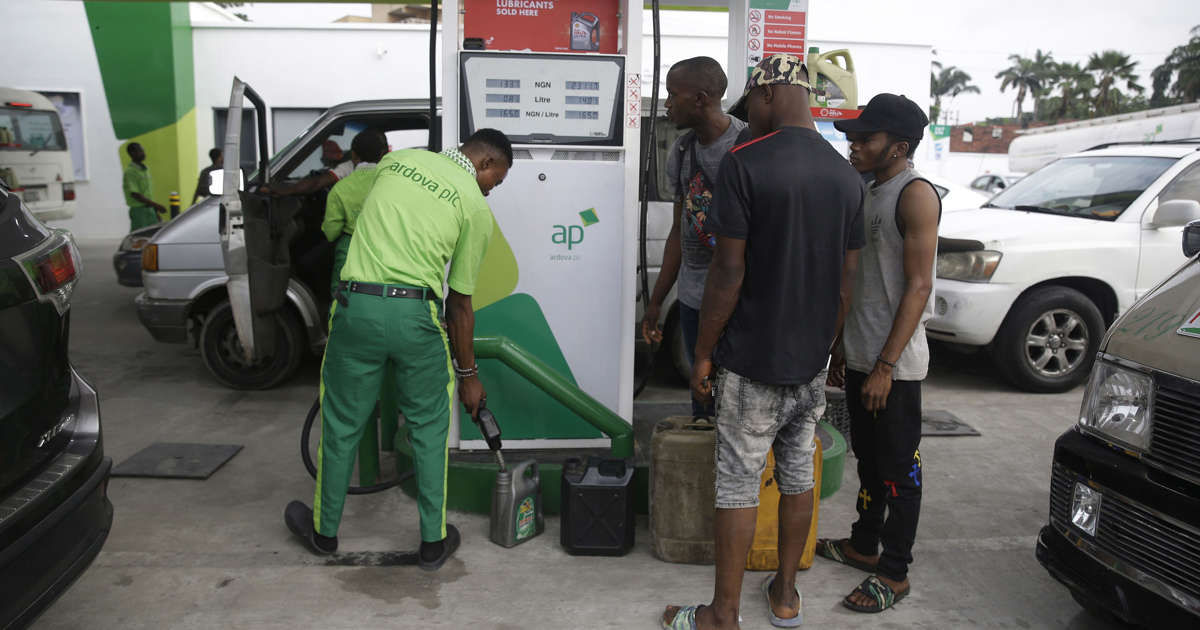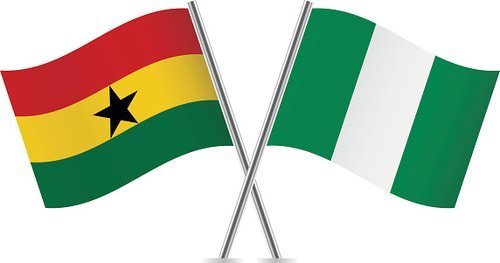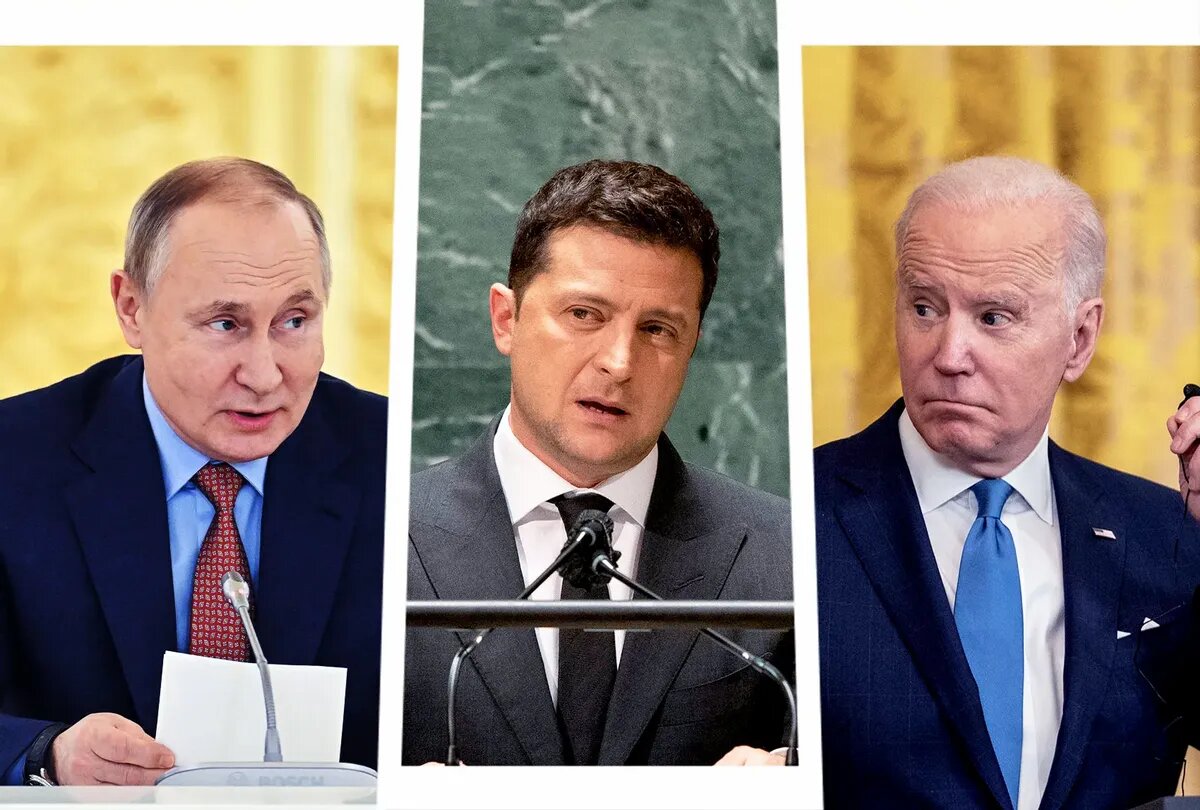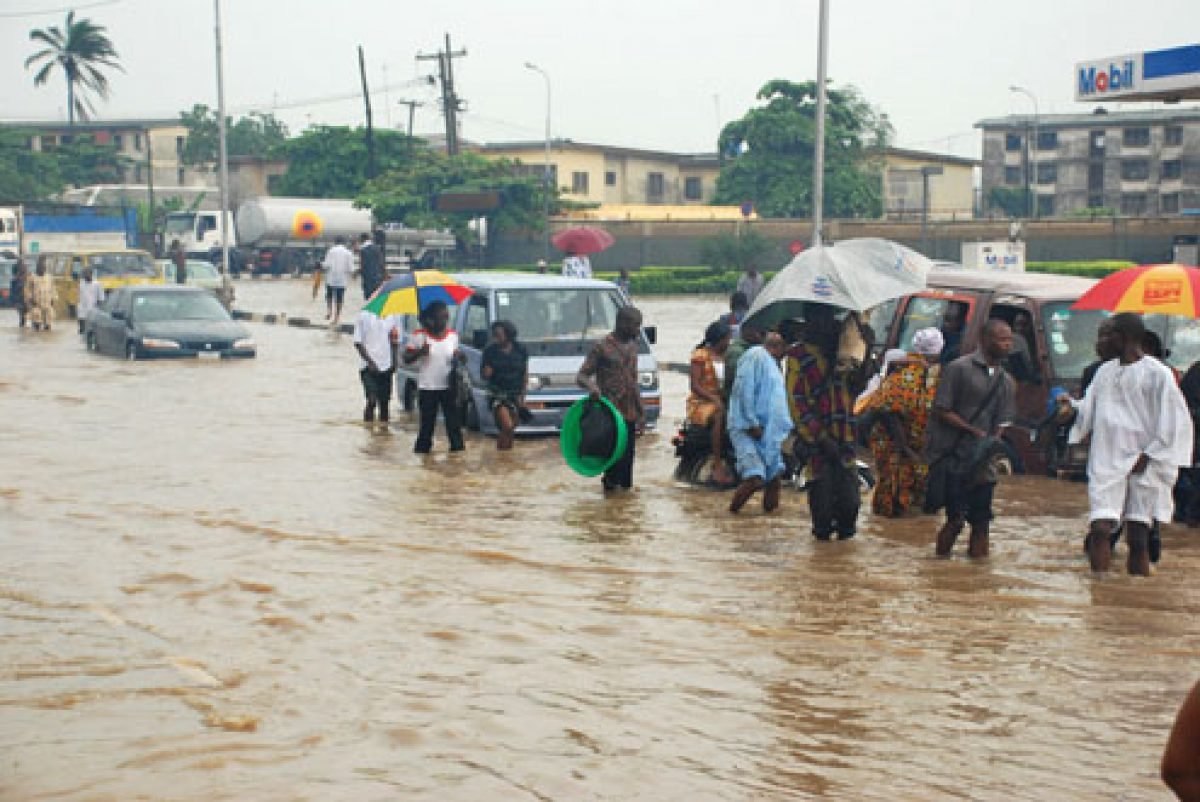Russia-Ukraine War: Fuel scarcity may continue, oil vessels face delay on sea
The on-going war between Russia and Ukraine may further prolong the three-week scarcity of Petroleum Motor Spirit, popularly called petrol, in Nigeria, as bulk of the refined products coming into the country from the warring region and its adjoining areas are likely to face some delays.
It was also gathered on Sunday that traders who supply Nigeria with refined petroleum products might pause a little due to the deficit in the supply of crude oil cargoes from the Nigerian National Petroleum Company Limited.
NNPC brings in refined petrol into Nigeria using contractors or traders through its Direct Sale Direct Purchase scheme.
Under the scheme, the oil company provides crude oil to its trading partners, who in turn supply the NNPC had a deficit of about 17 cargoes in its DSDP obligation due to low oil production.
This, they said could further prolong the fuel scarcity situation being faced nationwide, except something drastic such as the complete deregulation of the downstream oil sector was implemented.
They also noted that the Russia- Ukraine war might worsen the petrol supply situation in Nigeria as products could be hindered from leaving refineries in the region on schedule.
Nigeria imports its refined petroleum products, as its refineries are currently dormant.
“Now, Russia has attacked Ukraine. What is the impact of Russia’s attack of Ukraine on Nigeria? Russia is an oil producing country, for Ukraine, our refined products come from that part of the world, not only Western Europe.
“So, the price has gone up because our refines products come from that part of the world and disturbances such as the one happening there will impact supply one way or the other.
Meanwhile the cost of shipping crude oil on super sized tankers from the United States Gulf Coast to the United Kingdom and Asia surged after attacks on vessels in the Black Sea unleashed a risk-based premium into global shipping markets.
Ship owners were already avoiding offering their vessels to collect crude from Russia while at least three merchant ships have been reportedly hit since Russian forces began the attack on its neighbour this last week.
Insurers are either not offering to cover vessels sailing into the Black Sea or they are demanding huge premiums to do so.
Meanwhile, fresh indications have emerged that the development has extended to the African market including Nigeria.
A former President of the Nigerian Indigenous Ship- Owners association, Aminu Umar, confirmed it was now difficult for ships to sail through the Russia-Ukraine region and its adjoining areas due to the escalating tensions, noting that the area had since been classified as a war zone.
According to him, the situation may lead to shortage of vessels as more ships avoid the regions.
As a result of the development, the expert said the situation had led to a major increase in freight rate.
Also, he said insurance premiums had gone up.
Also, the President, the Nigerian Association of Master Mariners, Tajudeen Alao, noted that crude oil prices had gone over $100 per barrel, adding that the Russia-Ukraine war lead to an increase in insurance and freight.
He listed the challenges as “war risk insurance on freight, increase in commodity prices such as wheat and energy in the European market. The multiplier effect affects export to the third world. There will also be the introduction of extra charges. Fewer ship owners and crew will want to go to war zones”.
On his part, a shipping expert, Emmanuel Ilori, said the situation is a wake up call for Nigeria on the need to be self sufficient, especially in the maritime sector.
“The only thing we can say for Nigeria shipping from this development is the need for Nigeria to be self sufficient, the need for Nigeria to build its own national fleet and be self sufficient in terms of the maritime resources. All of a sudden, sanctions have been imposed on Russia. But Russia is relatively maritime self-sufficient so they will be able to handle it”.
According to him, developing capacity in the maritime sector will reduce the country’s dependency on foreign countries.
“If Nigeria is still dependent on foreign countries for its shipping, any sudden development such as sanction may throw the country out of balance. How are we going to survive as a nation? That is why we need to be self sufficient in terms of shipping, technology and all that. We need to develop our maritime sector in terms of technology and infrastructure “, he noted.
Ilori further advised the country to develop the capacity to train cadets, adding that the Maritime Academy of Nigeria in Oron should be upgraded to train more people.








